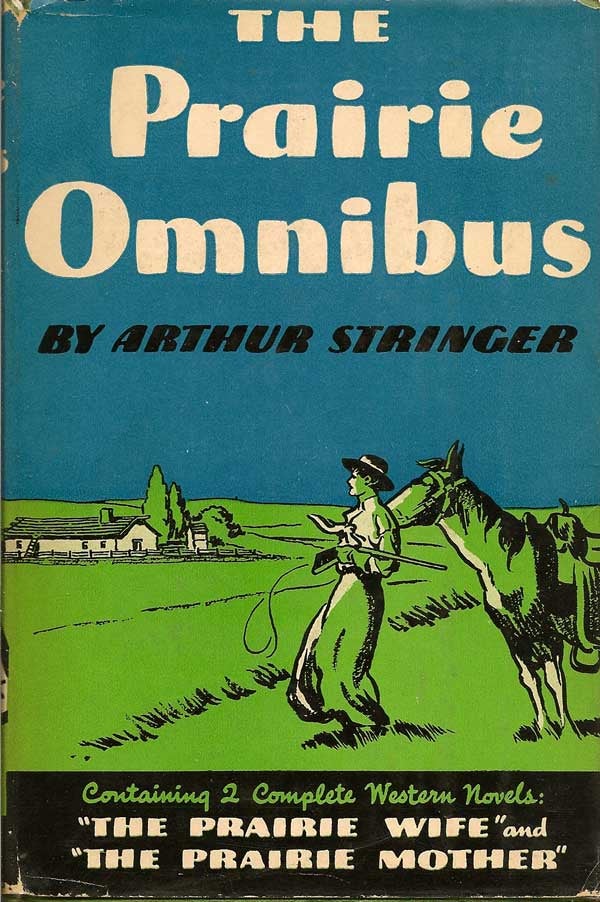

The fact that he lived most of his life in the U.S., however, did not prevent him from frequently inventing Canadian characters and sometimes. For example, Douglas Fetherling wrote of him in the Canadian Encyclopedia: Stringer was not in any recognizable stream of Canadian writing but rather was a prolific American hack-fiction writer. Stringer was popular in his day for his crime fiction and his wilderness adventures, both of which rely to a large degree on formula "generally he worked within the conventions of sentimental romance popular around the turn of the century." Contemporary critics have not been kind to his fiction. He is buried at Greenwood Cemetery, in Boonton, New Jersey.

In 1921, the Stringers moved to Mountain Lakes, New Jersey, where Arthur Stringer continued to write, and where he died in 1950. Filmscripts he worked on include The Perils Of Pauline (1914), The Hand Of Peril (1916), The House Of Intrigue (1919), "Unseeing Eyes" (1923), "Empty Hands" (1924), The Canadian (1926), The Purchase Price (1932), The Lady Fights Back (1937), Buck Benny Rides Again (1940), and The Iron Claw (1941). He even wrote early science fiction novels, The Story Without a Name (1924) with Russell Holman, and The Woman Who Couldn't Die (1929). Stringer was most popular in his day for his crime fiction and his wilderness adventures, but he wrote in many genres, from social realism (his "Prairie" trilogy, 1915-1921) to psychological fiction ( The Wine of Life (1921). Margaret Arbuthnott would anonymously author the book, Confessions of an Author's Wife (Indianapolis: Bobbs-Merrill, 1927). They had 3 sons: Arthur John Arbuthnott Stringer (John), Hugh Arbuthnott Stringer (Barney), and Robert Arbuthnott Stringer. Stringer and Howland divorced in 1914, and Stringer married his cousin, Margaret Arbuthnott. and married actress Jobyna Howland, known as the original Gibson girl. In the same year he bought a farm on the shore of Lake Erie. His debut novel, The Silver Poppy, came out in 1903. His earliest poem in Harper's, "Remorse," appeared in February 1899. In 1898 he got a job with the American Press Association, moved to New York City, and was soon publishing in The Atlantic and Harper's. At this time he was also publishing in Saturday Night and the Canadian Magazine. In 1895 he worked for the Montreal Herald. His debut collection of poetry, Watchers of Twilight, and other poems, was published in 1894.

He then attended University College, University of Toronto, from 1892 to 1894 and later studied at Oxford University. At the Institute he founded and edited a school magazine called Chips. In 1884 the family moved to London, Ontario, where Arthur attended London Collegiate Institute. "He was a high spirited boy who spent his childhood days fishing, swimming, raiding orchards and manning a pirate ship." Stringer was born in Chatham, Ontario, the son of Sarah Mary (Delmage) and Hugh Stringer.


 0 kommentar(er)
0 kommentar(er)
